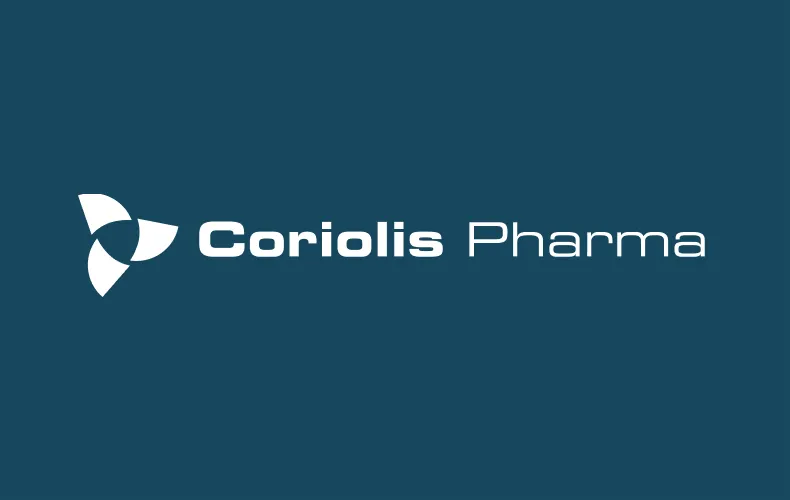Systematic Studies on Stabilization of AAV Vector Formulations by Lyophilization
Journal of Pharmaceutical Sciences
Authors: Ruth Riesera, Tim Menzen, Martin Biel, Stylianos Michalakis, Gerhard Winter
Adeno-associated virus (AAV) vectors have evolved as one of the most promising delivery systems for gene therapy. The current standard for AAV vector storage is deep-freezing below -60 °C. While this allows for long-term vector storage without loss of activity, it is inconvenient and involves high costs and logistical challenges. Therefore, there is a need for AAV formulations, such as freeze-dried formulations, that allow for long-term storage at 2-8 °C. A major challenge in developing a lyophilization process for complex biological structures like an AAV vector is to minimize the stress on the capsid during the lyophilization cycle. Here, we evaluated different conditions for freeze-drying of AAV8 vectors and found that undesirable instability can be significantly reduced if secondary drying is performed at lower temperatures, kept as short as possible, and the residual moisture is kept between 1.5 and 2%. In a next step, we explored formulations with different salt concentration or excipient compositions and found that a combination of 10 mM phosphate buffer, 5.67% (150 mM) trehalose, 5% hydroxyectoine and 0.1% poloxamer with a residual moisture of approx. 1.5% provided stable long-term storage at 2-8 °C and for at least 4 weeks at 25 °C. These results pave the way for future optimizations of freeze-drying processes for AAV vector-based gene therapy products.
